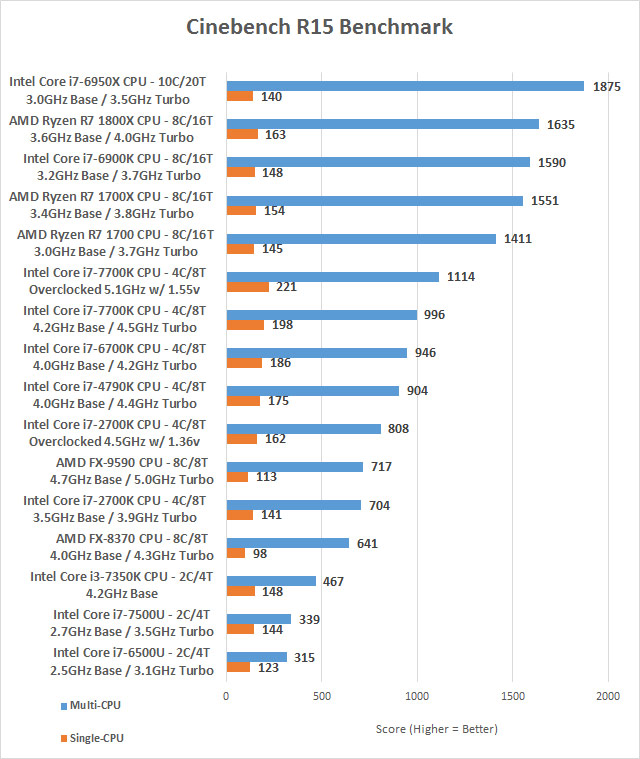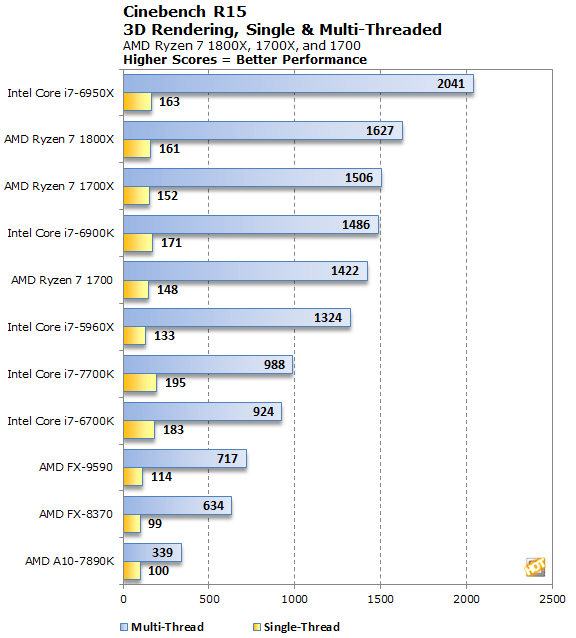KazeoHin
[H]F Junkie
- Joined
- Sep 7, 2011
- Messages
- 9,000
you answered your own question.. more ryzen sales = more reasons to fix their drivers so that those buying ryzen processors don't also buy AMD GPU's..
ah yes, but you see, If Ryzen is seen as "bad for gaming", less people will buy it.
Thus Nvidia wants people to perceive AMD's CPU as "Bad for gaming".
![[H]ard|Forum](/styles/hardforum/xenforo/logo_dark.png)





